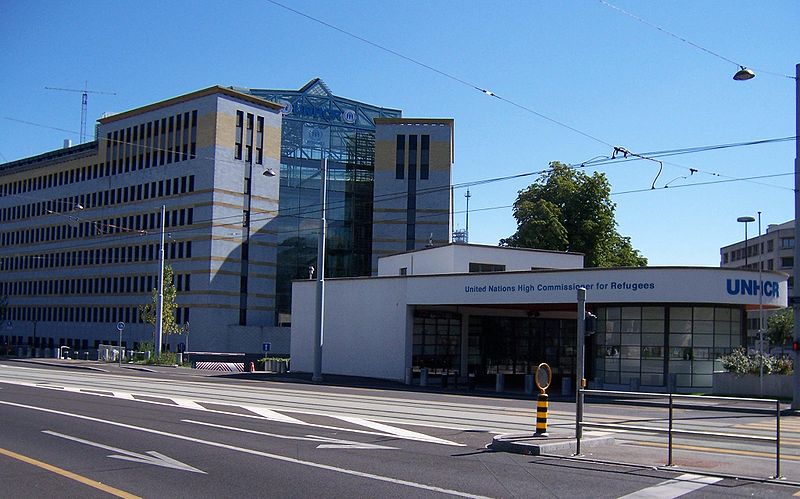
Rwanda's asylum system remains inadequate, according to the United Nations refugee agency, which has been granted permission to intervene in London High Court
challenges regarding Britain's policy to deport asylum seekers to the East African country.
Lawyers representing the United Nations High Commissioner for Refugees (UNHCR) argue that deporting asylum seekers to Rwanda exposes them to the risk of being sent to another country where they could face potential death or torture, a violation known as refoulement.
The evidence provided by the agency played a significant role in the UK Supreme Court's decision last year, ruling the deportation plan unlawful due to the risk of refoulement.
In response to the Supreme Court ruling, British Prime Minister Rishi Sunak signed a new treaty with Rwanda and pushed through new legislation in parliament, asserting that Rwanda should be regarded as a safe country.
However, UNCHR lawyer Laura Dubinsky stated that there is evidence of ongoing refoulement in Rwanda, including cases reported this year. She highlighted that British officials were informed by UNHCR officials last year about "at least seven cases of refoulement" in 2023 during a meeting in Kigali on December 7, the same day Sunak introduced Britain's new Rwanda law in parliament.
Government lawyers argued in court documents on Monday that the new Rwanda legislation means "removals to Rwanda should not have to await a final determination by the courts of the general safety of Rwanda."
The Rwandan government has not yet provided a comment on the matter.
Last week, Britain announced that the first flight to Rwanda is scheduled to depart on July 24, contingent upon Sunak's Conservative Party winning the national election on July 4. However, the opposition Labour Party, leading by approximately 20 points in opinion polls, has vowed to cancel the plan if elected. Photo by Jungpionier, Wikimedia commons.







































